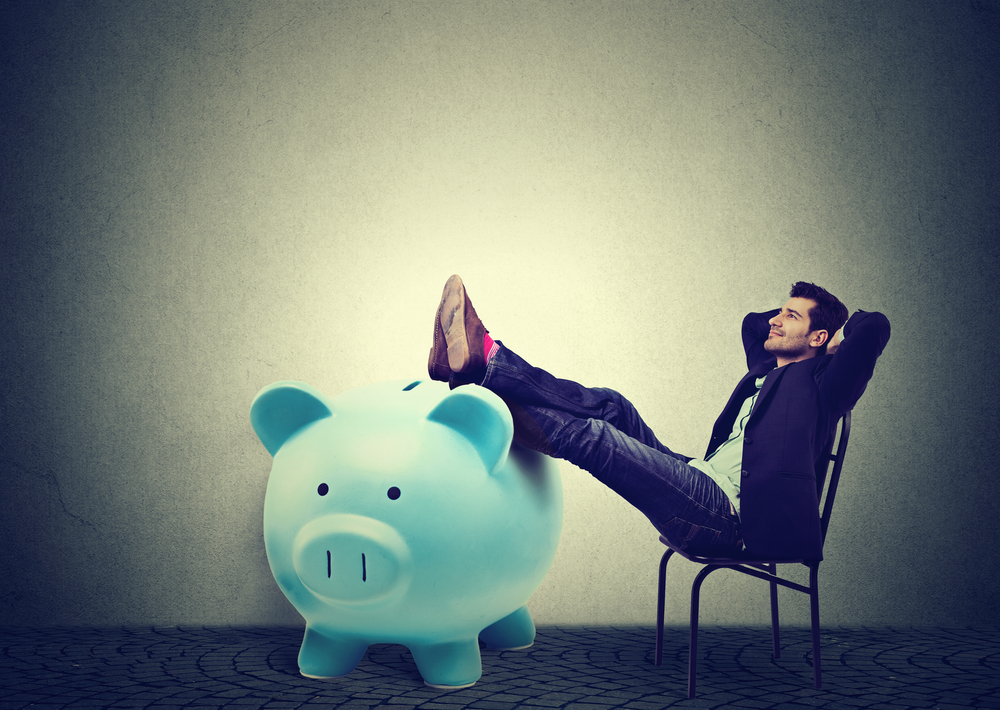
Types of Debt
Debt is never a topic people like to discuss, however in today's economy, dealing with debt is a lot more common than you realise and not as scary as you might expect.
At NDH Financial, we advise our customers on how to resolve a wide range of debts, from business debts to payday loans (which, unfortunately, are still a type of debt).
Before we decipher the different types of debts and what they involve, let us break down what we mean by the term debt.
What is debt?
Debt refers to the money owed by one party to another. In most cases, it is used by individuals and large corporations alike to make purchases they would not be able to afford without additional support, although debt can take other forms. For example, debt can occur from an overpayment of benefits, or from tax due on income that has been earned.
A debt agreement is the understanding between the two parties concerned that the money will be repaid by an agreed date in the future. Depending on the type of debt, this may or may not include interest. Interest is the money added on to the amount outstanding. Usually the higher the risk, the larger the interest.
In some cases, the statutory interest rate will be charged, for example when a matter has been referred to court, and an order has been made. When getting into a debt agreement, it is worth making sure you fully understand the terms agreed, including the amount of interest you are expected to pay, if any.
The types of debts vary. At NDH Financial, we have experience in assisting our customers with a range of debts including benefit overpayments, loans, and credit card debts.
Looking for help with a particular type of debt?
You can find out more about specific types of debt in our dedicated information pages:
What are the different types of debts?
Apply now for a solution to your debt issues
At NDH Financial, we understand the toll getting into debt can take on you. We are here to tell you that you are not alone. As a fully licensed insolvency practitioner, we specialise in helping individuals find debt solutions. While we do not make any promises, we do help thousands of people become debt-free.
Do You Have More Questions?
Our IVA Learning Hub Can Help
We know you might have questions and that’s fine.
We can answer most of those on our call.
But we’ve also built our learning hub so that you can learn more about an IVA and see if one is right for you.
Click below to check it out.

